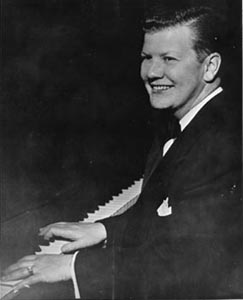On July 12, 1942, someone shot Max Geller, the owner of Harlem’s Green Parrot Restaurant. The restaurant was locally famous for its namesake parrot, who had a useful vocabulary and could greet regular patrons by name.
No customer could identify the killer, and the agitated bird would cry only “Robber! Robber!” As the investigation foundered, someone suggested that perhaps it was saying “Robert! Robert!”
On the list of Geller’s regular customers detectives found a Robert Butler, a cab driver who had disappeared after the shooting. They traced him to the Bethlehem Steel plant in Baltimore, and he confessed: He’d shot Geller in a drunken rage for refusing to serve him. He was convicted in February 1944 and sentenced to 15 years.
He said, “I never did like that bird.”




